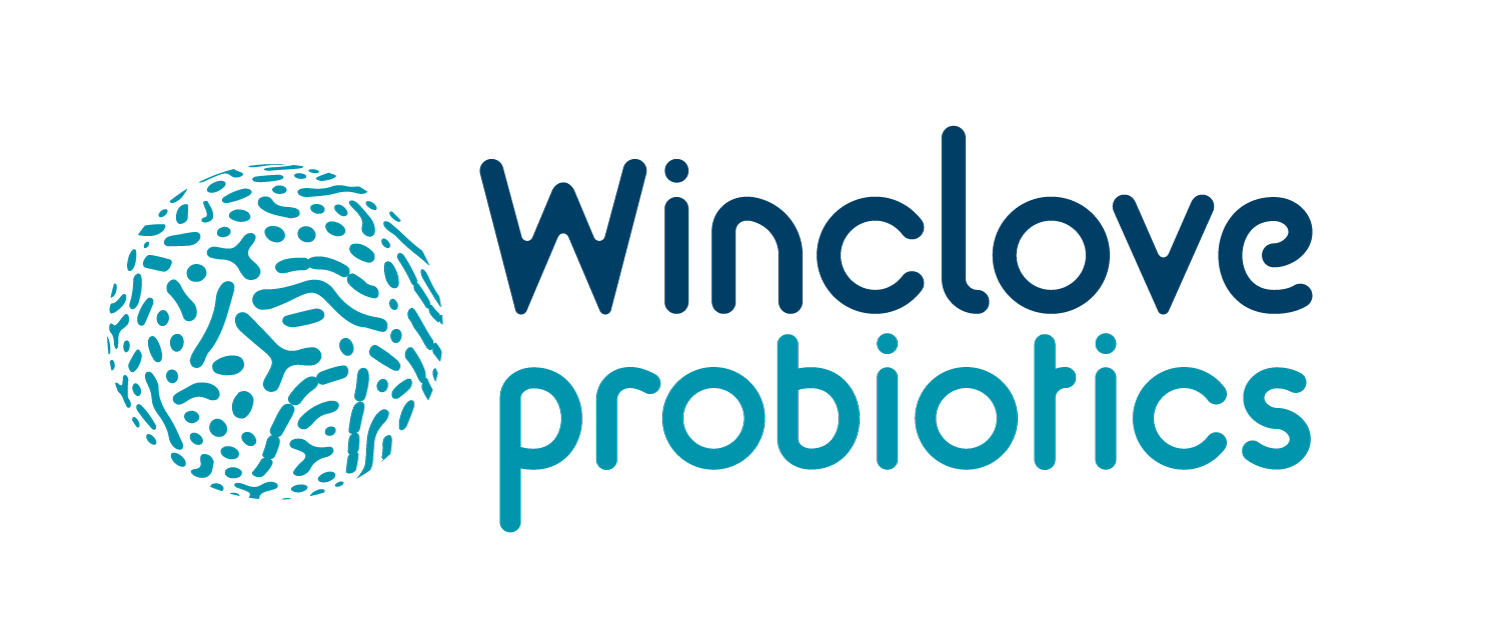

Winclove Probiotics BV

North Holland, Netherlands The
November 2020
Food products
Manufacturing
Netherlands The
Winclove Probiotics, a family business, has been researching, developing, and producing probiotic formulations together with business partners in the Netherlands and abroad since 1987. Based Amsterdam, Winclove Probiotics strives to be the best company for the world. Thirty years ago, hardly anyone had even heard of probiotics. However, the two friends and companions Pieter Pekelharing and Bram van Leeuwen were fully convinced that these good bacteria can contribute greatly to people's well-being. Pieter himself, for example, had benefited much from probiotics. Counter to conventional thinking, they worked hard to exploit the potential of probiotics and to convince the medical and scientific world. Their motives then are Winclove’s motives today: We want to help people and contribute to improving the quality of life. First and foremost, by trusting in probiotics; trusting those billions of good bacteria that live in and around us and are essential for our health. But also by trusting people. This gives our employees the full confidence to do their jobs and the freedom to develop themselves continually. Partly as a result of these developments, we are able to innovate and improve our products, making us even better able to help people.
Overall B Impact Score
Governance 17.7
Governance evaluates a company's overall mission, engagement around its social/environmental impact, ethics, and transparency. This section also evaluates the ability of a company to protect their mission and formally consider stakeholders in decision making through their corporate structure (e.g. benefit corporation) or corporate governing documents.
What is this? A company with an Impact Business Model is intentionally designed to create a specific positive outcome for one of its stakeholders - such as workers, community, environment, or customers.
Workers 29.2
Workers evaluates a company’s contributions to its employees’ financial security, health & safety, wellness, career development, and engagement & satisfaction. In addition, this section recognizes business models designed to benefit workers, such as companies that are at least 40% owned by non-executive employees and those that have workforce development programs to support individuals with barriers to employment.
Community 17.4
Community evaluates a company’s engagement with and impact on the communities in which it operates, hires from, and sources from. Topics include diversity, equity & inclusion, economic impact, civic engagement, charitable giving, and supply chain management. In addition, this section recognizes business models that are designed to address specific community-oriented problems, such as poverty alleviation through fair trade sourcing or distribution via microenterprises, producer cooperative models, locally focused economic development, and formal charitable giving commitments.
Environment 23.5
Environment evaluates a company’s overall environmental management practices as well as its impact on the air, climate, water, land, and biodiversity. This includes the direct impact of a company’s operations and, when applicable its supply chain and distribution channels. This section also recognizes companies with environmentally innovative production processes and those that sell products or services that have a positive environmental impact. Some examples might include products and services that create renewable energy, reduce consumption or waste, conserve land or wildlife, provide less toxic alternatives to the market, or educate people about environmental problems.
Customers 15.1
Customers evaluates a company’s stewardship of its customers through the quality of its products and services, ethical marketing, data privacy and security, and feedback channels. In addition, this section recognizes products or services that are designed to address a particular social problem for or through its customers, such as health or educational products, arts & media products, serving underserved customers/clients, and services that improve the social impact of other businesses or organizations.
What is this? A company with an Impact Business Model is intentionally designed to create a specific positive outcome for one of its stakeholders - such as workers, community, environment, or customers.